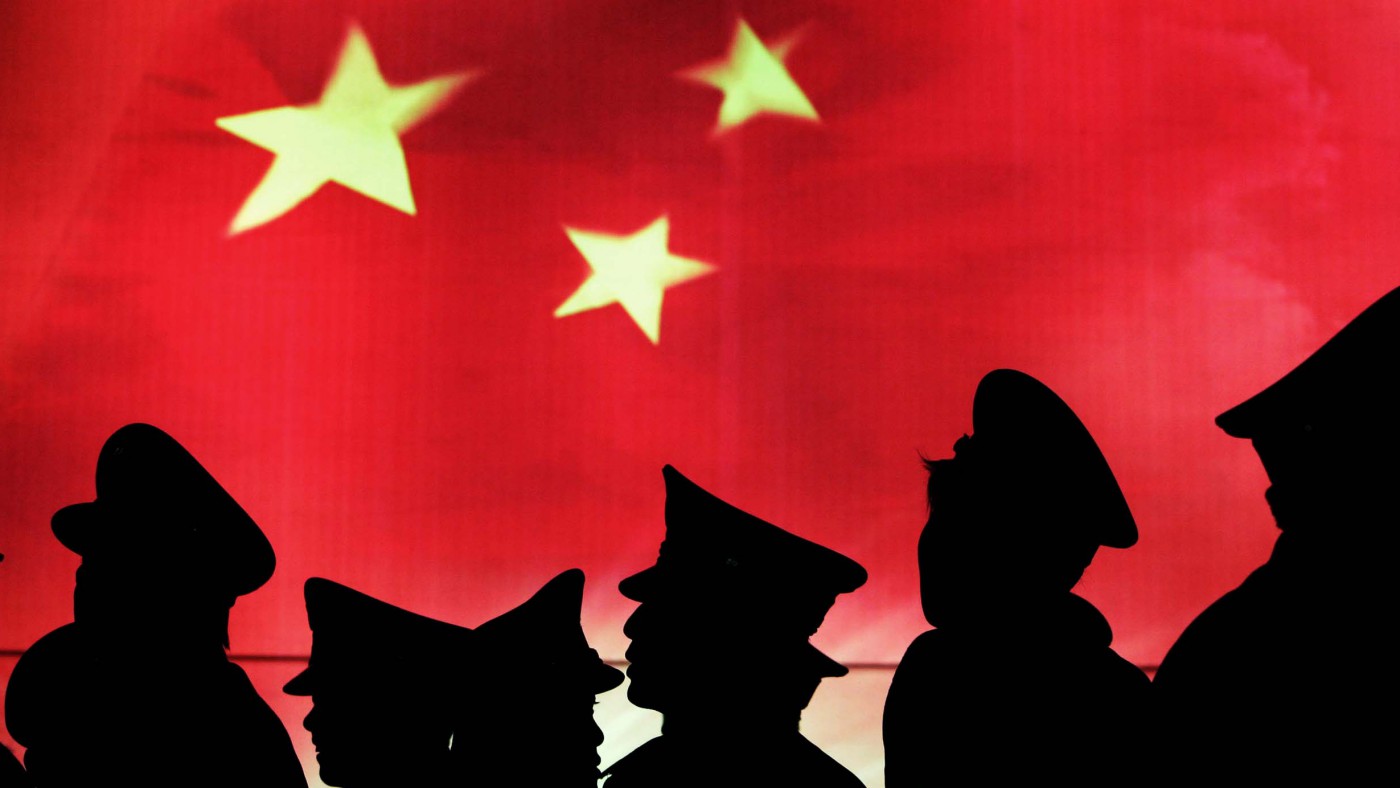Rishi Sunak has raised ‘strong concerns’ with the Chinese Premier after a young parliamentary researcher with links to security minister Tom Tugendhat and the Foreign Affairs Committee chair Alicia Kearns was arrested amid reports that he has been spying for China.
But the PM knows that this is just the thin end of a very big security wedge and that the old-fashioned techniques of getting yourself into places of power is nothing compared to the sheer volume of cyber-spying that China specialises in. And he knows that the UK’s response to China’s ‘increasingly sophisticated’ spying operation is ‘completely inadequate’, 50 Chinese students have ‘left’ (read: ‘been booted out of’) the UK after MI5 warned that it was well aware of Chinese intellectual property (IP) espionage in our universities.
Indeed, universities and research organisations, with their valuable intellectual property and technical data, are a key target for China. Students come over, bringing juicy tuition fees. There are now over 150,000 in UK universities, nearly double the number ten years ago, with a disproportionate number of those in research-based institutions and programmes.
The universities are also targeted by ‘businesspeople’ who give them millions to establish research centres. But it’s a cheap way of getting inside knowledge on product formulas, blueprints and other IP. Investment in our manufacturing companies, too, is a quick route to gather information on data, business plans, suppliers, and customer lists. And that is all before you get to the snooping on political institutions and communications.
Plus, of course, military intelligence, for which China has plenty of capacity – with its Military Intelligence Department, General Staff Department, Third Department of the People’s Liberation Army, Signals Intelligence, Joint Staff Department and Strategic Support Force. Defence industries, emergency services, manufacturing, energy systems, transport, water, financial services, government offices, even nuclear facilities, are all the targets of Chinese hackers.
The spying techniques of today are just as diverse. Everyone knows of the honey trap – the attractive person who befriends you, and with whom you share your thoughts about what’s happening at work, but who is really a spy. A variant on this is ‘seeding’, to place someone who comes to be relied on in an institution – like Parliament – where they can soak up everything that’s going on.
But technology moves on. There’s the ‘thousand grains of sand’ technique – where the Chinese gather large volumes of seemingly unimportant dates, which together produce some piece of critical information about a country’s systems. There are even concerns that our household ‘Made in China’ appliances are picking up what we say. You might not think there is much to be gained from the banal everyday conversations in most domestic homes, but you would be wrong. Information about how people use products and what they want can give manufacturers a competitive edge. One friend of mine reported that he was talking to his partner about getting a new kitchen appliance; ten minutes later, without either of them doing anything about it online, up pops a social media ad for exactly that. And that friend is a cyber-security expert. He has no doubt what’s going on.
The first step to countering all this is to be aware that it’s happening. Our institutions should ask a few security experts exactly what the risks are. Proper training and learning from past (and other people’s) experience is vital.
You might argue that spying is a constant part of life and always has been. And sure, Russia and other hostile countries (plus a few ‘friendly’ ones) do this sort of thing all the time. It’s just that the Chinese State is particularly good at it and particularly well equipped to do it, as well as particularly willing to throw money at the exercise – with large investments in critical infrastructure all around the world. And there are plenty of poorer countries willing to take the bait, and unfortunately plenty of universities in richer ones too.
Click here to subscribe to our daily briefing – the best pieces from CapX and across the web.
CapX depends on the generosity of its readers. If you value what we do, please consider making a donation.


